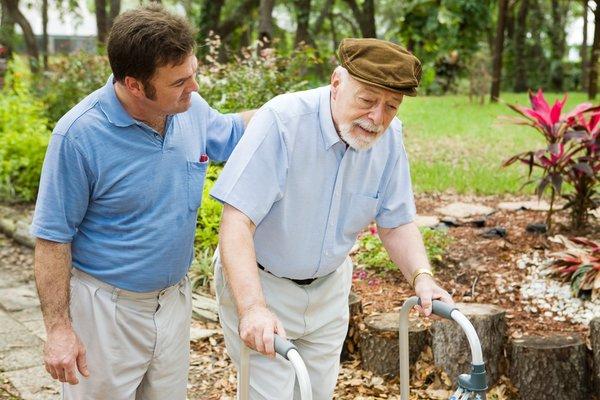Elderly people often face the trouble of insomnia. As they age, they find their sleep time shortening, waking up easily at night or having difficulty falling asleep, which has a significant impact on their health. So why does the need for sleep seem to decrease with age? What impact does this have on the elderly? Is there a way to improve it?
The shortening of sleep time in elderly people is mainly caused by four factors: – Slowed metabolism: With age, the decline in physical function and the slowing down of metabolic rates lead to a decrease in the required rest time, thus shortening the duration of sleep. Typically, elderly people sleeping for 6 to 7 hours a day is considered normal, less than 6 hours may be harmful to health, while excessive sleep may increase the risk of developing dementia. – Decline in brain function: The brain ages as one grows older, including degeneration of brain cells and a weakening of the ability to regulate circadian rhythms, which can lead to disruptions in sleep patterns, causing older people to often feel the quality of sleep is poor. – Frequent elderly diseases: The functions of various body systems decline, immunity weakens, leading to an increase in diseases such as high blood pressure, gout, thrombosis, migraine, which directly affect the quality of sleep, exacerbating insomnia problems. – Longing for children: Elderly people often feel lonely, full of concerns for their children who are far away from their hometown, excessive worrying prevents the brain from resting fully, thus causing sleep disturbances.
Lack of adequate sleep can lead to the following consequences in elderly people: – Decline in mental state, waking up feeling tired and lethargic in the morning, having difficulty focusing, appearing absent-minded. – Weakened immunity, more susceptible to illnesses, existing diseases may worsen due to insufficient sleep. – Increased risk of dementia in old age because inadequate sleep accelerates the loss of brain cells, increasing the chances of developing the disease.
To address sleep disorders, elderly people can try the following methods: – Drink milk before bedtime, its components help relax the mind and promote sleep. – Moderate evening exercise, moderate physical exertion can enhance fatigue, facilitating falling asleep, but remember to clean up after exercise and prepare for bed in a comfortable environment. – Optimize the sleep environment, ensure the bedroom is quiet and clean, choose comfortable bedding, keep the room dark, and reduce light interference with sleep. – Maintain a calm mindset, reduce excessive worries, and alleviate psychological burdens through meditation or relaxation techniques to facilitate falling asleep.
Through these adjustments, elderly people may be able to effectively improve the quality of sleep, thus enhancing their overall health.


